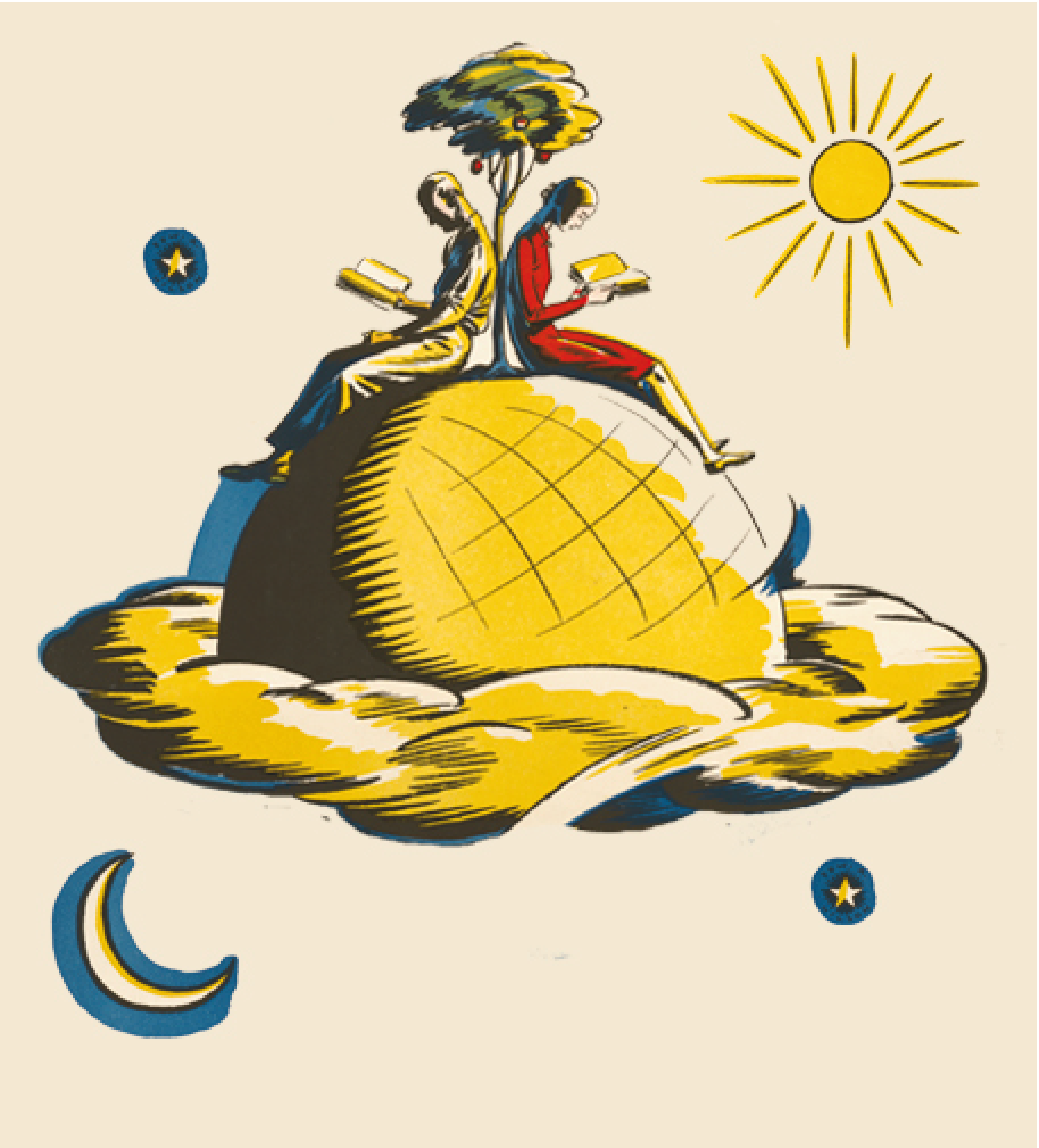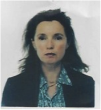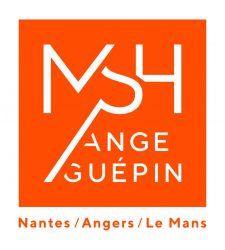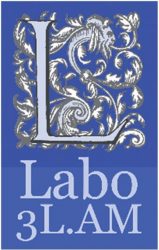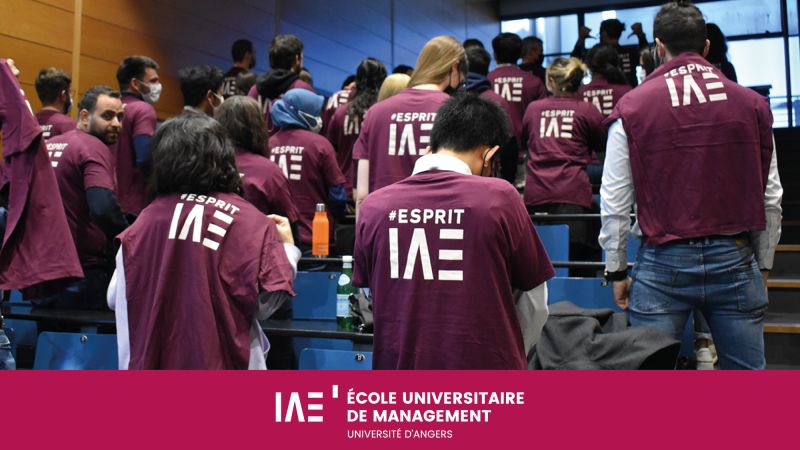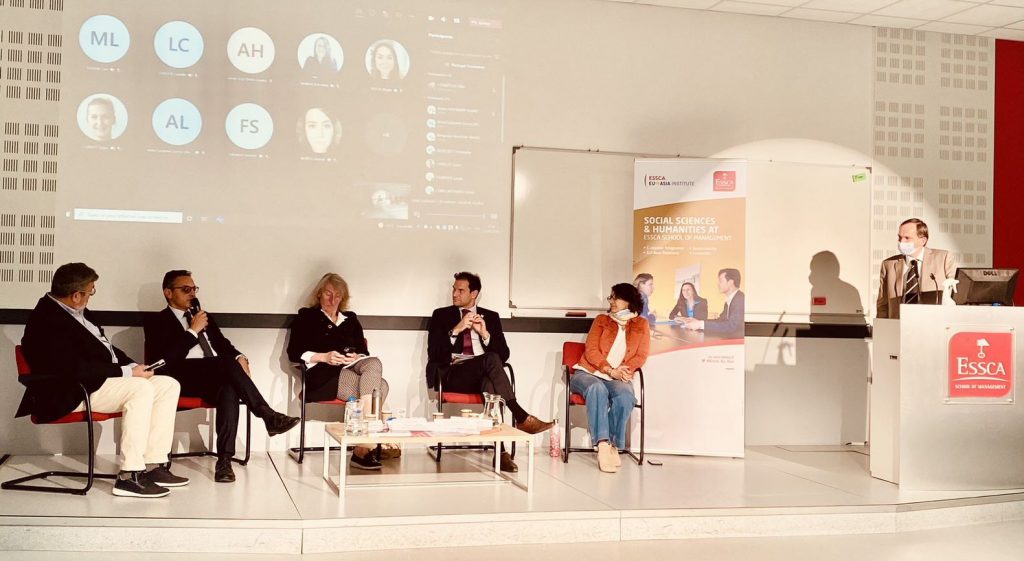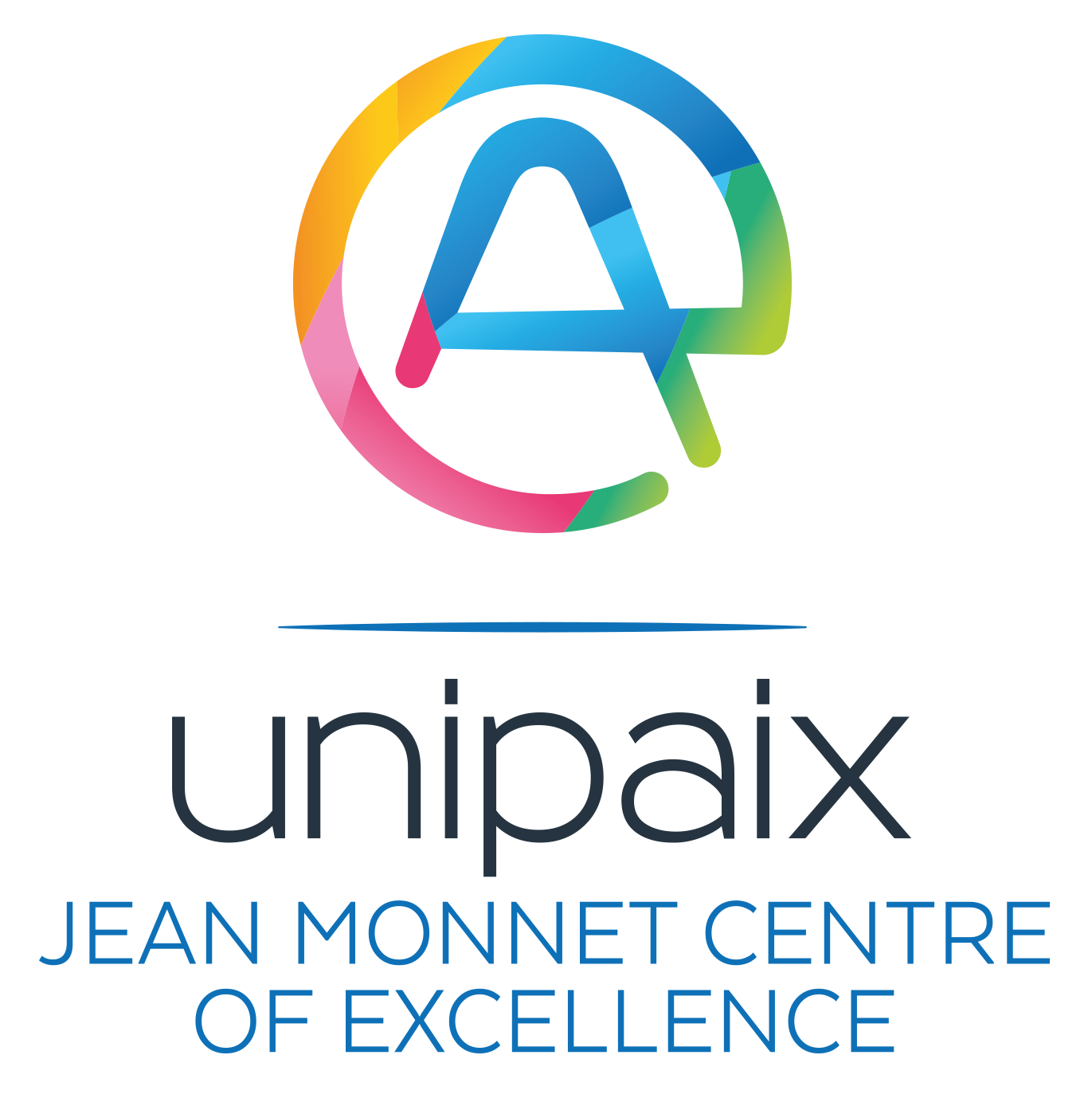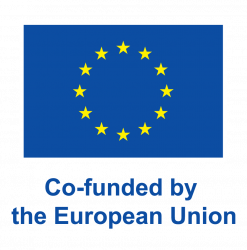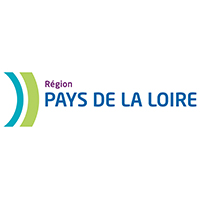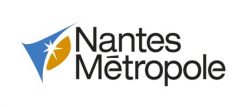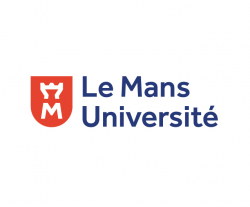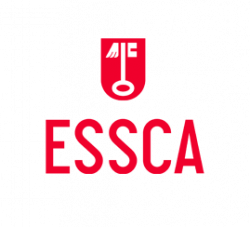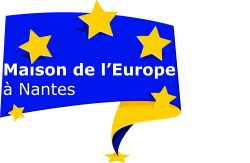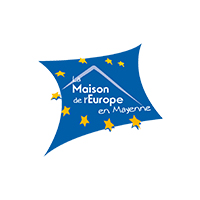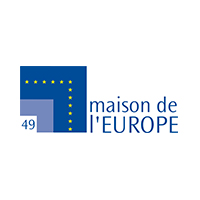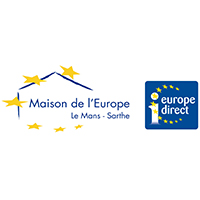This network project is coordinated by Brigitte Ouvry-Vial, Professor of literature at Le Mans Université, and a member of the 3LAM research unit and of the MSH Ange Guépin . It is supported by the Alliance Europa Institute for European and Global Studies in the framework of its “International Networks” call for proposals and applications for a period of 18 months (July 2021 – December 2022), in order to develop an international network of researchers around the project.
LEXILECT.eu aims at a preliminary typology and database of terms used by European readers to describe their reading practices, including the favourite places and circumstances of reading. The methodology includes setting up a process of sources collection, curation and semiautomatic annotation, along with statistical analysis or classification reflecting the variety of linguistic realizations of reading experiences by individual readers. The framework of research thus designed and tested on sources in multiple European languages will support grant applications in the interdisciplinary and international knowledge domain identified.
We will leverage natural language processing (NLP) techniques to analyze reading testimonies, detect reading situations and extract the terminology associated with the description of such situations. This analysis will provide lexicons in multiple languages, possibly for multiple periods, that will be analyzed by HSS experts in terms of register, gender, etc. This process is iterative as generated lexicons might in turn be used to improve the detection and analysis of reading situations, which in turn can be used to improve the lexicons.
Mapping the relations will lead to identifying “communities” or points of commonalities within the social space of European reading practices considered, thus comforting the understanding of its circles of influence.
Gender focus: The rich and extensive sources of reading data addressed by previous research programs on sources from the cultural heritage of reading have not until now been investigated in terms of differences in relation to gender. What are the associated terms related to reading, and to what extent are they gender specific? Do the evidences of men and women differ in terms of their use of language, especially positive and negative terms? Do women use terms that are more emotionally charged than men? Are there differences in terms of genre preferences, or even the frequency of keywords associated with reading?
Picture credit : Edward A. Wilson (1927), The National Association of Book Publishers, Library of Congress Prints and Photographs Division, Washington.https://ciclic.fr/livreslyceens
